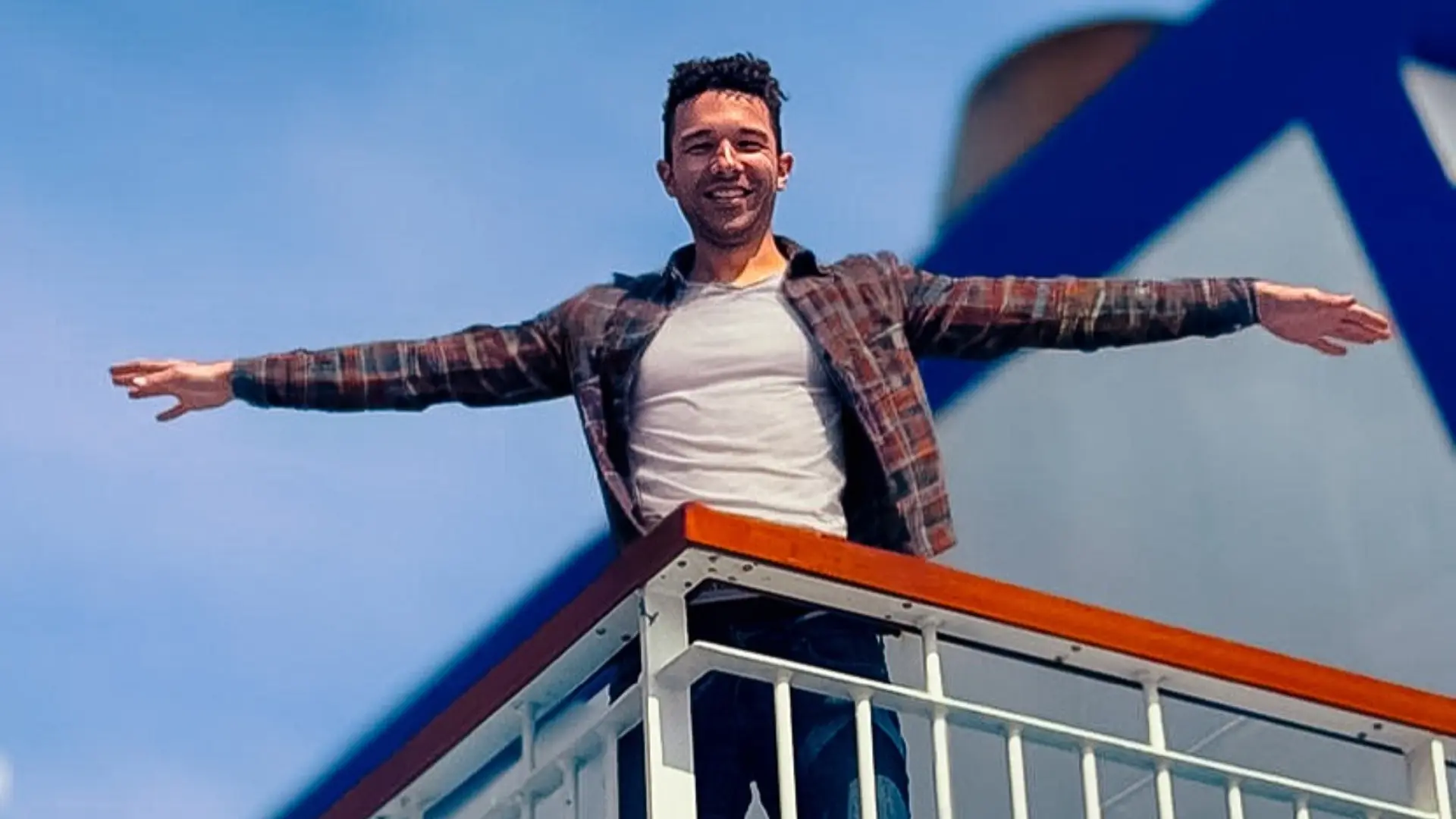Political advisor Pablo O’Hana turns down place on new Big Brother UK series after selection process
-
 Pablo O'Hana (Image via Instagram @pabs94)
Pablo O'Hana (Image via Instagram @pabs94)Big Brother’s 25th anniversary series has aired on ITV, drawing millions of viewers back to the reality show.
But political adviser Pablo O’Hana was not among the housemates. In a first-person column for The Independent published on 29 September 2025, O’Hana explained why he chose to walk away after reaching the final stages of the show’s selection process.
He wrote that he initially applied to test whether “a liberal voice could master the very terrain the right has dominated all these years,” referencing public figures such as Nigel Farage, Matt Hancock, Ann Widdecombe, and Donald Trump, who have used reality television to reach large audiences.
The article described his experience of being filtered from more than 130,000 applicants, placed in a Manchester hotel, and put through group tasks and debates.
O’Hana ultimately decided not to go ahead, citing the risk of being reduced to a caricature on national television and the way provocative questions were posed during auditions.
His withdrawal highlights how reality shows like Big Brother can shape public conversations, but also how they can compress complex issues into soundbites.
Selection process and reasons for applying to Big Brother
O’Hana said he applied to Big Brother to explore why
“conservatives have been so successful at capturing popular culture – particularly reality TV – and to test whether a liberal voice could master the very terrain the right has dominated all these years.”
He noted that civilian reality TV has influenced politics before. For example, he cited a contestant on a previous Big Brother series, Nathan King, who “casually predicted … that Farage would be the next prime minister” and how that landed as everyday small talk broadcast to millions.
O’Hana also referenced Andrew Tate, describing him as someone who “got his first break on Big Brother before building his online empire.”
According to his Independent piece, O’Hana saw primetime television as a stage where political ideas are normalised: “If our politics is shaped by primetime television rather than parliament, I thought, then surely it matters who controls that stage.”
He was motivated by a plan to bring new messages into the house, including “a launch night stunt in support of Ukraine and Gaza” and “a test of how the left could reclaim our union flag.” These ideas, he wrote, were part of a broader attempt to “engage and embrace” mass audiences rather than ignore them.
Audition debate and decision to withdraw Big Brother UK
The turning point came during a debate round at the audition. O’Hana recalled that the session started with light topics such as,
“Is Beyoncé overrated?” and “Should you check your partner’s phone?” but then shifted to “Should trans athletes be able to participate in cisgender sports?”
He wrote that the room went quiet, one woman sat down, and that the apparent split was “8/1 for no” with him refusing to debate.
“There were too many unknowns. What sport? What level? What country? What testing regime?” O’Hana stated. He added, “I am pro-trans rights, and I wasn’t about to be pigeonholed in a room where every word was being recorded.”
When he demanded context, “the producer simply re-read the question,” and a senior producer later stepped in.
Despite making it to the next stage, O’Hana decided to step away.
“Big Brother can spark important conversations, but it can just as easily turn them into two-dimensional caricatures,” he wrote, concluding that the genre “favours absolutists” and he could not risk being “chewed up by the very system I wanted to interrogate.”
He acknowledged abandoning his plans was difficult, but argued the left cannot afford to sneer at reality TV and must “get in the arena” to harness its democratic energy.
Stay tuned for more updates.TOPICS: Big Brother UK, ITV2, Big Brother, Big Brother UK, Big Brother UK 2025, Pablo O'Hana, Reality TV
- "She's already a winner:" Big Brother UK contestant Jenny Baird's mother on her third position in the final
- Is Big Brother UK renewed for a new season? Details explored
- Big Brother UK 2025: All 11 housemates who left before the winner was crowned
- How much prize money did the Big Brother UK 2025 winner receive?